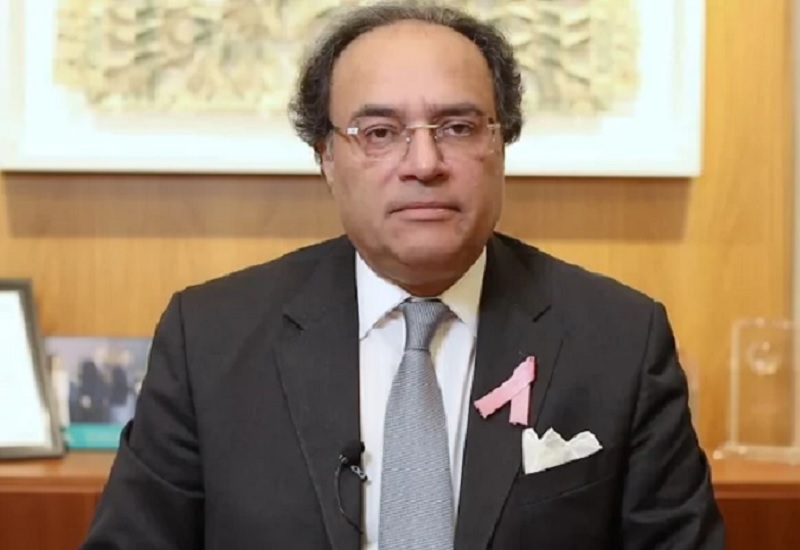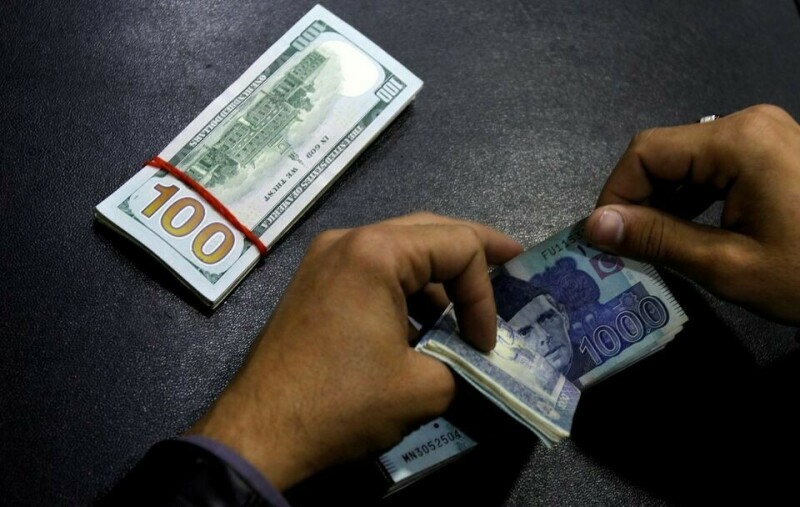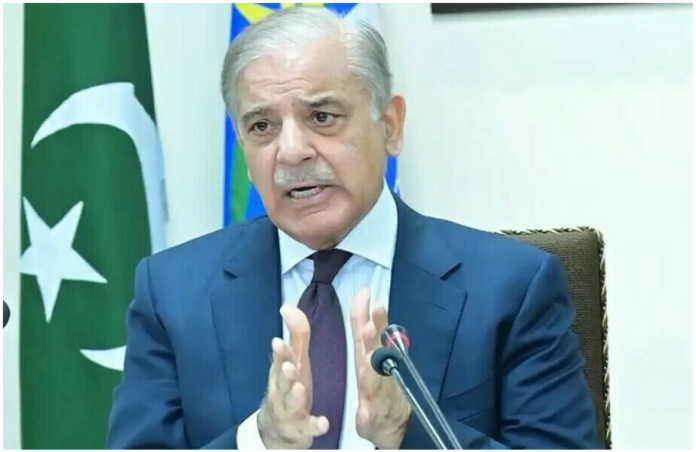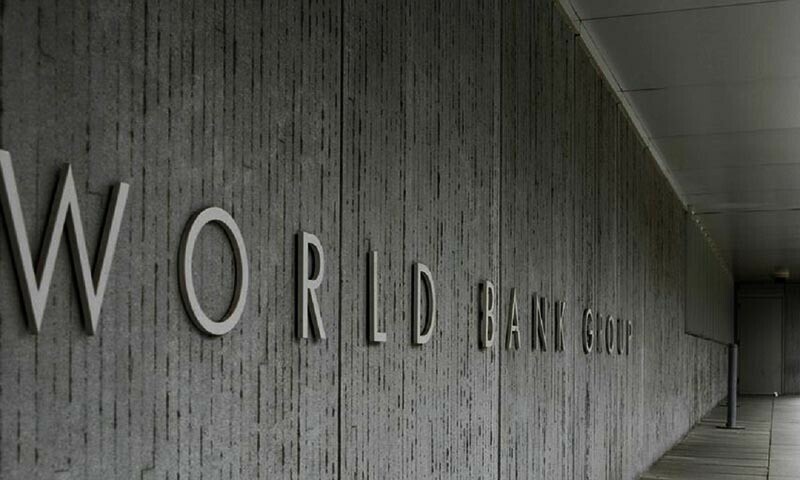TRADE & ECONOMY
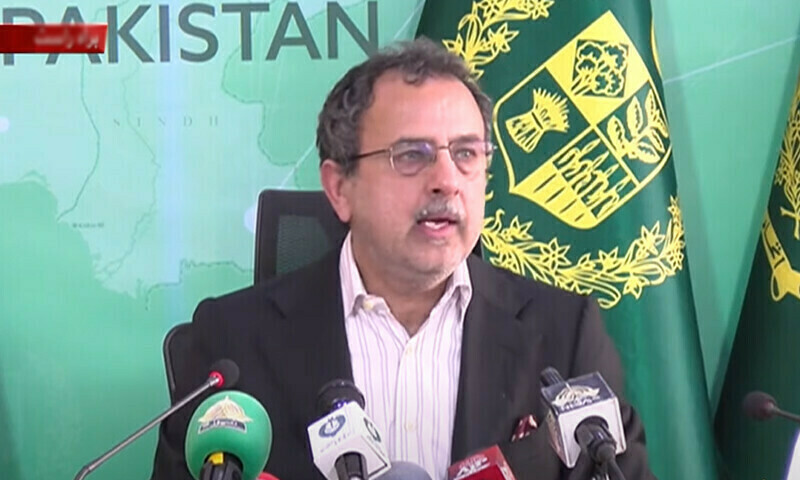
In a significant move to promote electric vehicle (EV) adoption and combat climate change, Pakistan’s government has announced a 45% reduction in tariffs for EV charging stations. The decision was confirmed by Power Minister Awais Leghari during a press conference on Wednesday.
The new tariffs will decrease from Rs71.10 to Rs39.70 per unit, a move expected to make EV charging more affordable and accessible across the country.
Transition to Electric Vehicles
The National Electric Vehicle (NEV) policy, launched in 2020, aims to address the 43% share of transportation emissions in Pakistan's airborne pollution. Under the revised strategy, the government seeks to transition 30% of all new vehicles to electric power by 2030.
“The prime minister decided to lower charging station tariffs to encourage EV adoption, making it easier for consumers, including two- and three-wheeler owners, to transition away from petrol and diesel vehicles,” said Minister Leghari.
He added that charging station installation approvals would now be granted within 15 days to streamline the process.
Incentives for EV Adoption
To further support the transition, the government announced the following measures:
- Subsidies: Rs50,000 for electric motorcycles and Rs200,000 for three-wheelers (rickshaws) through a Rs4 billion allocation.
- Green Energy Loans: Financial assistance for two- and three-wheeler owners to purchase batteries.
- Free E-Bikes: 120 high-achieving students will receive electric bikes or scooters.
- Tax Reductions: Duties on EV components have been reduced to encourage local manufacturing.
The move to promote EVs also aligns with the government’s effort to reduce its $6 billion energy import bill and preserve foreign currency reserves.
Collaboration with Global and Local Players
Key global EV manufacturer BYD Group of China has obtained a manufacturing license in Pakistan, while Dewan Motors is set to launch EVs under a completely knocked down (CKD) license.
Climate and Economic Benefits
Prime Minister Shehbaz Sharif emphasized the role of EVs in reducing pollution and combating climate change. “Countries globally are rapidly promoting the EV culture. By reducing tariffs, we aim to provide ease and encourage this transition,” he said.
Cost-Saving Agreements with IPPs
In parallel, the government announced revised agreements with 14 Independent Power Producers (IPPs), resulting in projected savings of Rs1.4 trillion for the national exchequer over the duration of the agreements.
Conclusion
With this landmark decision, Pakistan is not only advancing toward a cleaner environment but also addressing economic challenges by cutting energy imports and promoting local manufacturing. The EV-friendly policies are expected to drive a significant shift in the country’s transportation landscape.

